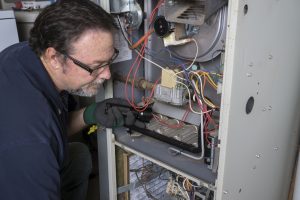 We know, why would your local HVAC contractor be giving you tips to avoid furnace repair? Isn’t that how we make our money?
We know, why would your local HVAC contractor be giving you tips to avoid furnace repair? Isn’t that how we make our money?
While we do make a living providing heating repairs, we’d rather perform the heater repairs that are unavoidable than force one of our community members to pay for a fix that could have easily been avoided! So, take this blog post as a little bit of charity while we tell you some of our own personal tips on how to maintain your furnace and eventually avoid frequent repairs.
Furnace repair in Verona, NJ can be expensive! So make sure that when you need to call a professional technician, it’s for a good reason that you’ve done everything in your power to help by yourself.

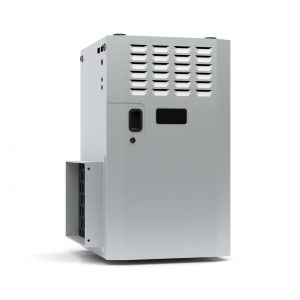 Furnaces don’t last forever. Though, you probably don’t need us telling you that.
Furnaces don’t last forever. Though, you probably don’t need us telling you that. Furnaces are the most common and reliable heating system found throughout the United States. That being said, no HVAC system is perfect, and if you’re the owner of a forced-air system like a furnace, then you’re probably going to run into one of these issues at some point. These problems can range anywhere from something as terrible as a gas leak to just a pilot light needing to be lit.
Furnaces are the most common and reliable heating system found throughout the United States. That being said, no HVAC system is perfect, and if you’re the owner of a forced-air system like a furnace, then you’re probably going to run into one of these issues at some point. These problems can range anywhere from something as terrible as a gas leak to just a pilot light needing to be lit.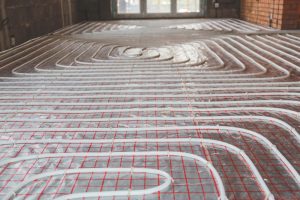 There are many costs involved with running a heating system. Installation is just the first cost. After that, you’ll need to think about the cost to run it every month—this is where a high-efficiency model can really make a difference.
There are many costs involved with running a heating system. Installation is just the first cost. After that, you’ll need to think about the cost to run it every month—this is where a high-efficiency model can really make a difference.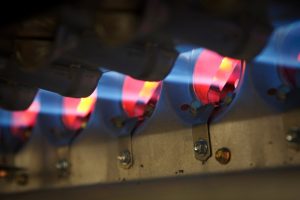 When it comes to gas-burning heaters, they share several of the same components. Likewise, they also share several of the same common repair issues. We’re looking at gas furnaces and gas fireplaces in particular in this post. Since working with gas can be dangerous, always get in touch with a professional if you notice any worrisome problems.
When it comes to gas-burning heaters, they share several of the same components. Likewise, they also share several of the same common repair issues. We’re looking at gas furnaces and gas fireplaces in particular in this post. Since working with gas can be dangerous, always get in touch with a professional if you notice any worrisome problems. Let’s say that, on one chilly winter afternoon, you turn on your furnace. But then, the worst thing happens. The air that’s coming out of the vents isn’t hot! Or worse, there’s no air at all!
Let’s say that, on one chilly winter afternoon, you turn on your furnace. But then, the worst thing happens. The air that’s coming out of the vents isn’t hot! Or worse, there’s no air at all!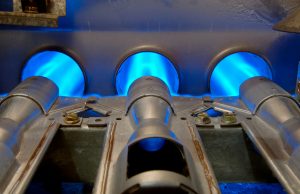
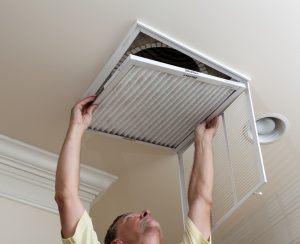 When a furnace stops heating a home, many homeowners hope for the best. “I think the thermostat is broken,” they may say, hoping a quick calibration or rewiring will do the trick. Others jump to the worst-case scenario: “I think it may need to be replaced.”
When a furnace stops heating a home, many homeowners hope for the best. “I think the thermostat is broken,” they may say, hoping a quick calibration or rewiring will do the trick. Others jump to the worst-case scenario: “I think it may need to be replaced.”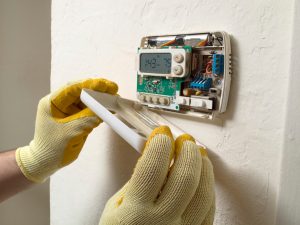 A broken heating system can be frustrating, but what’s just as frustrating is finding out that you could solve the problem on your own—after you’ve already called in a technician. This happens fairly often. Our
A broken heating system can be frustrating, but what’s just as frustrating is finding out that you could solve the problem on your own—after you’ve already called in a technician. This happens fairly often. Our